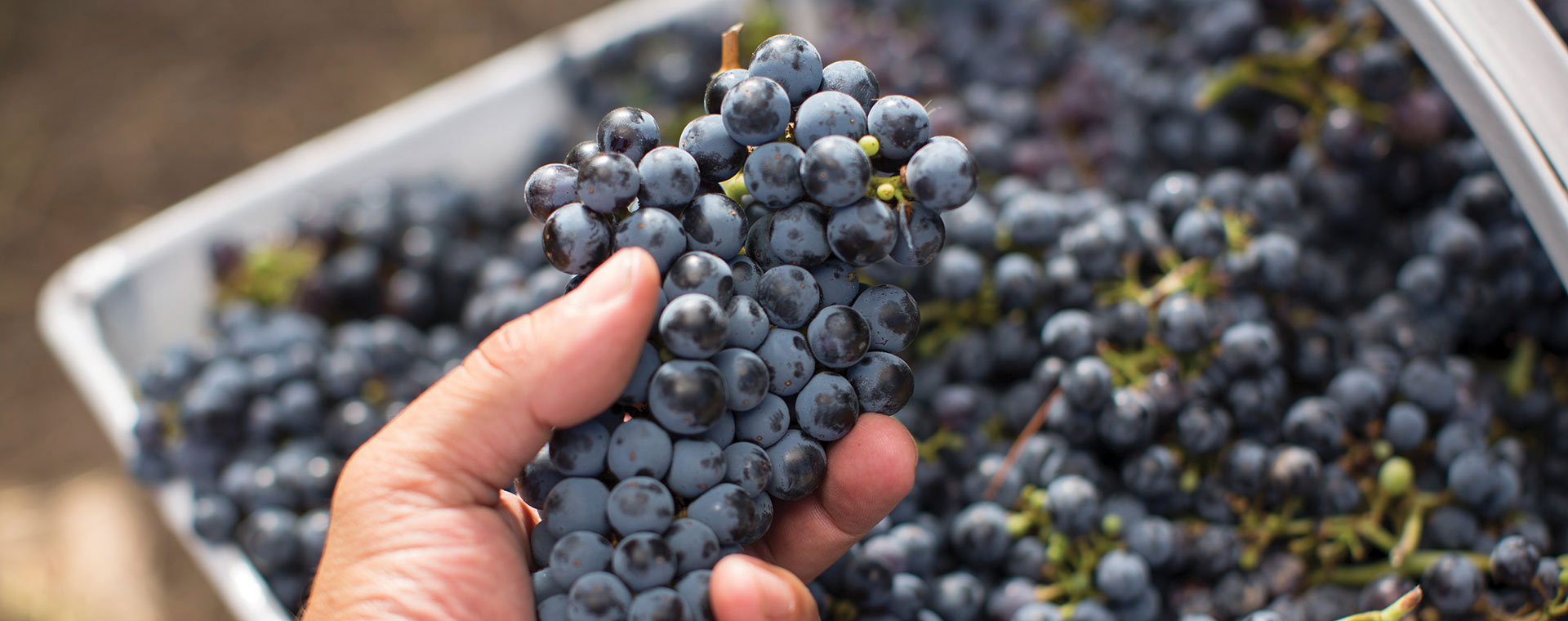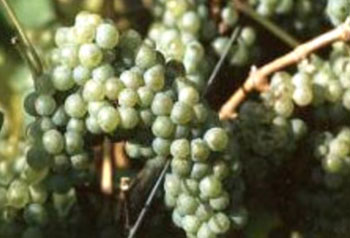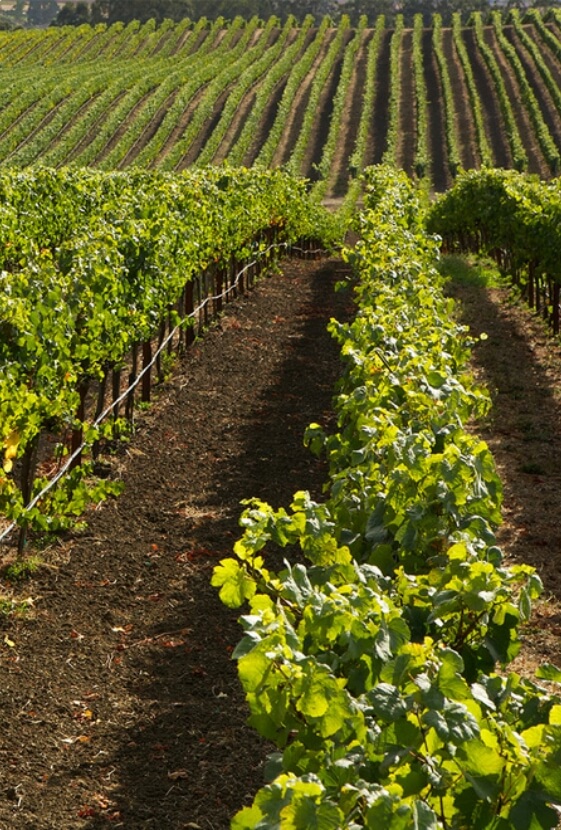
Grape Glossary
Melon is synonymous with the Muscadet region in the western Loire Valley. It is typically steely and dry, light to lean in structure and body with high acidity. If kept on the lees and unfined and unfiltered until bottling, Melon will have more body, flavor and substance. Melon planted in hotter climates is fleshier, as in California, where the vine has been mistaken for Pinot Blanc.
Melon is a moderately vigorous vine that resists cold and frost well and ripens early. The small, round berries are high in acidity, fairly neutral in aroma and flavor, and prone to rot and mildew. Since this becomes a problem approaching harvest, the fruit is sometimes picked before fully mature, heightening acidity and neutrality.
Native to Burgundy, Melon, or Melon de Bourgogne as it is properly known, is the product of an original Pinot prototype and an obscure vine called Gouais Blanc. These two vines engendered 15 other French varieties, including Chardonnay and Pinot Noir. Once prevalent in Burgundy, the vine was ordered uprooted in the early 1700s. It was replanted in the Pays Nantais, on the Loire Valley’s Atlantic coast, to replace vines frozen in the winter of 1709.
Today Muscadet is mainly found in the western Loire valley. It is also planted in Australia and Germany.

